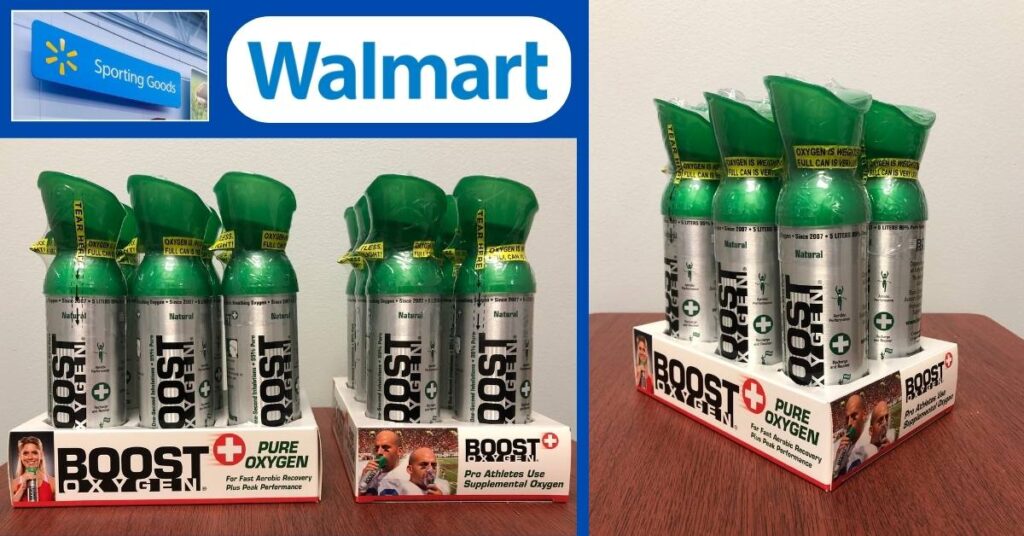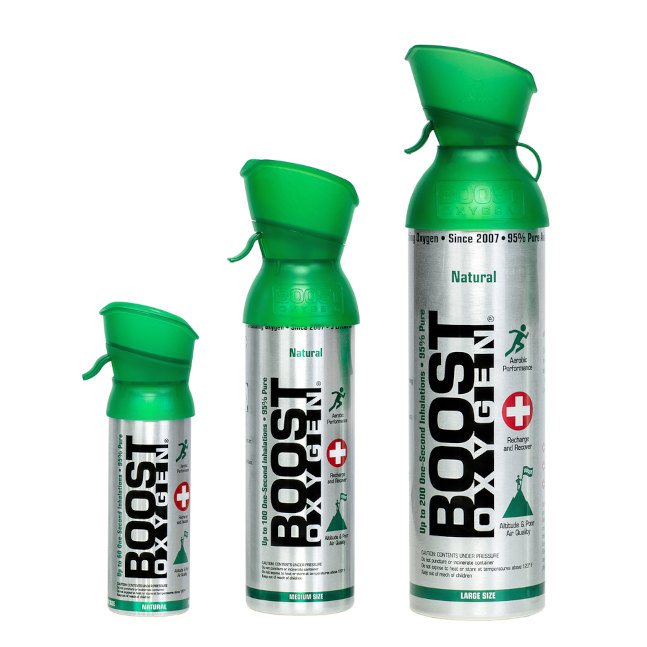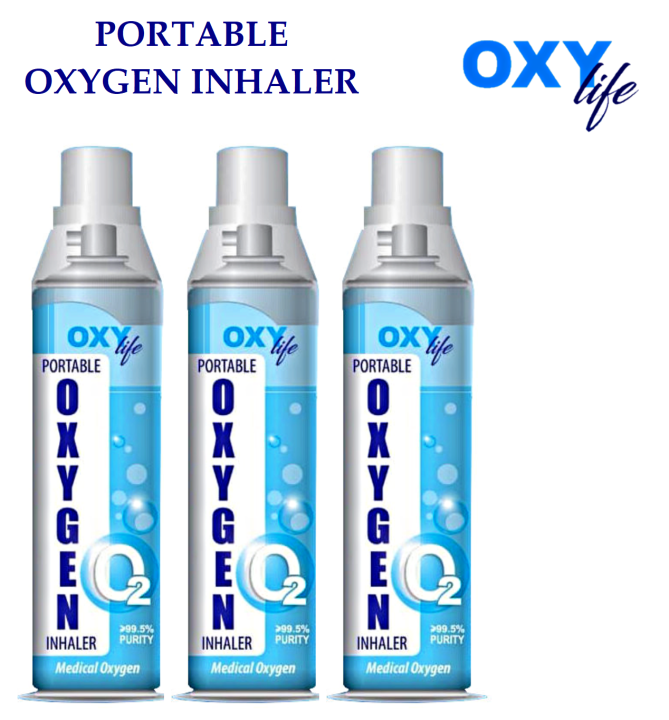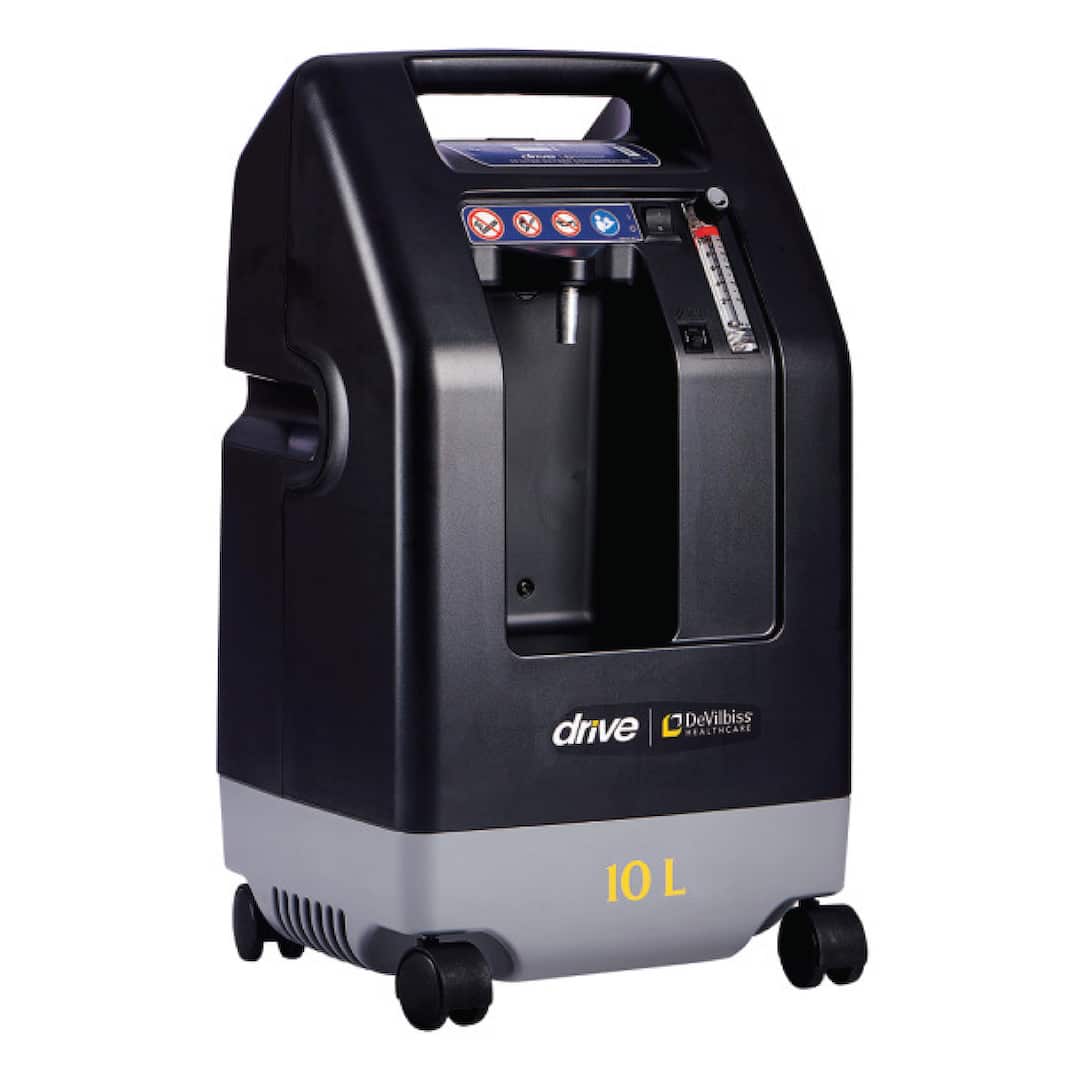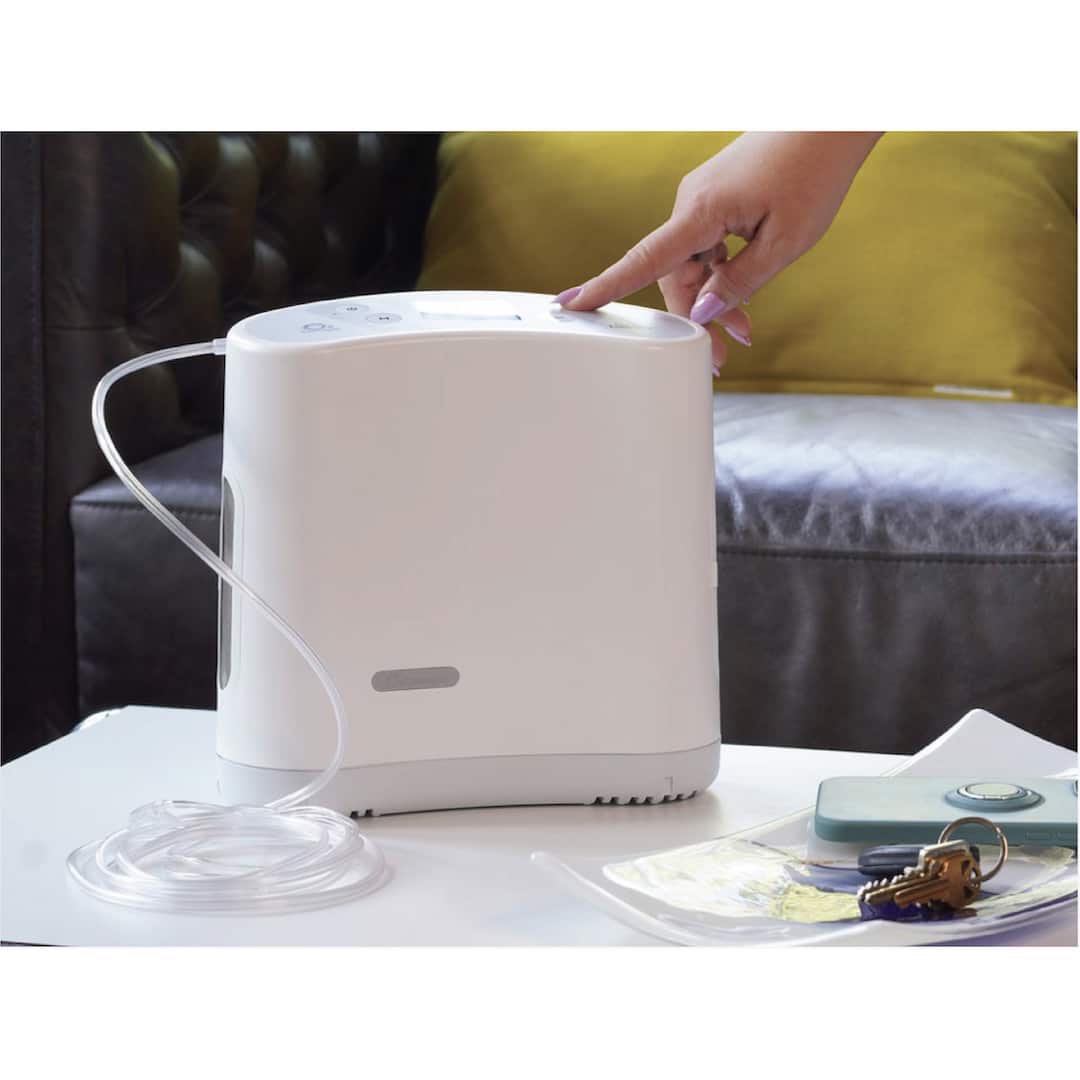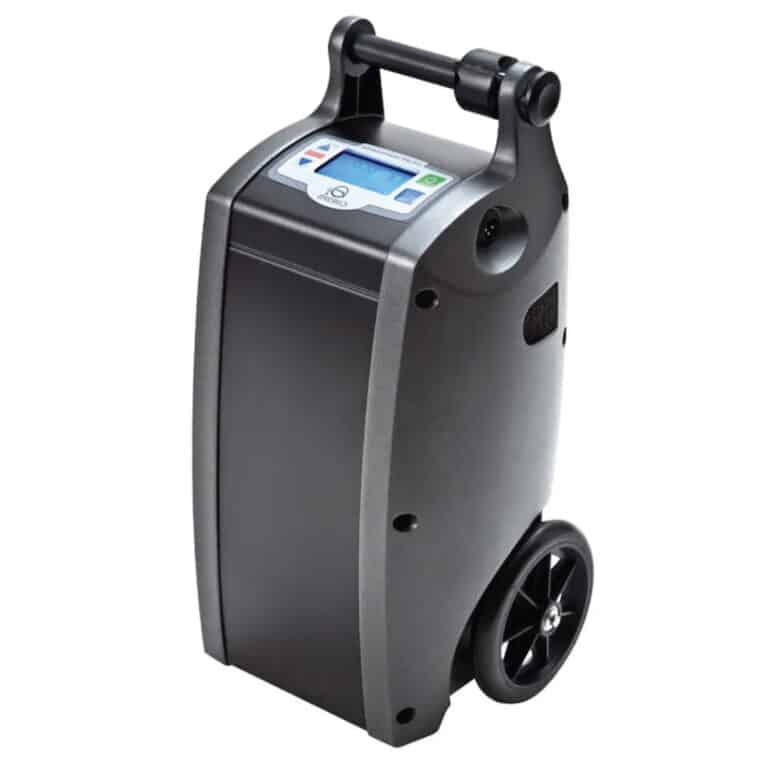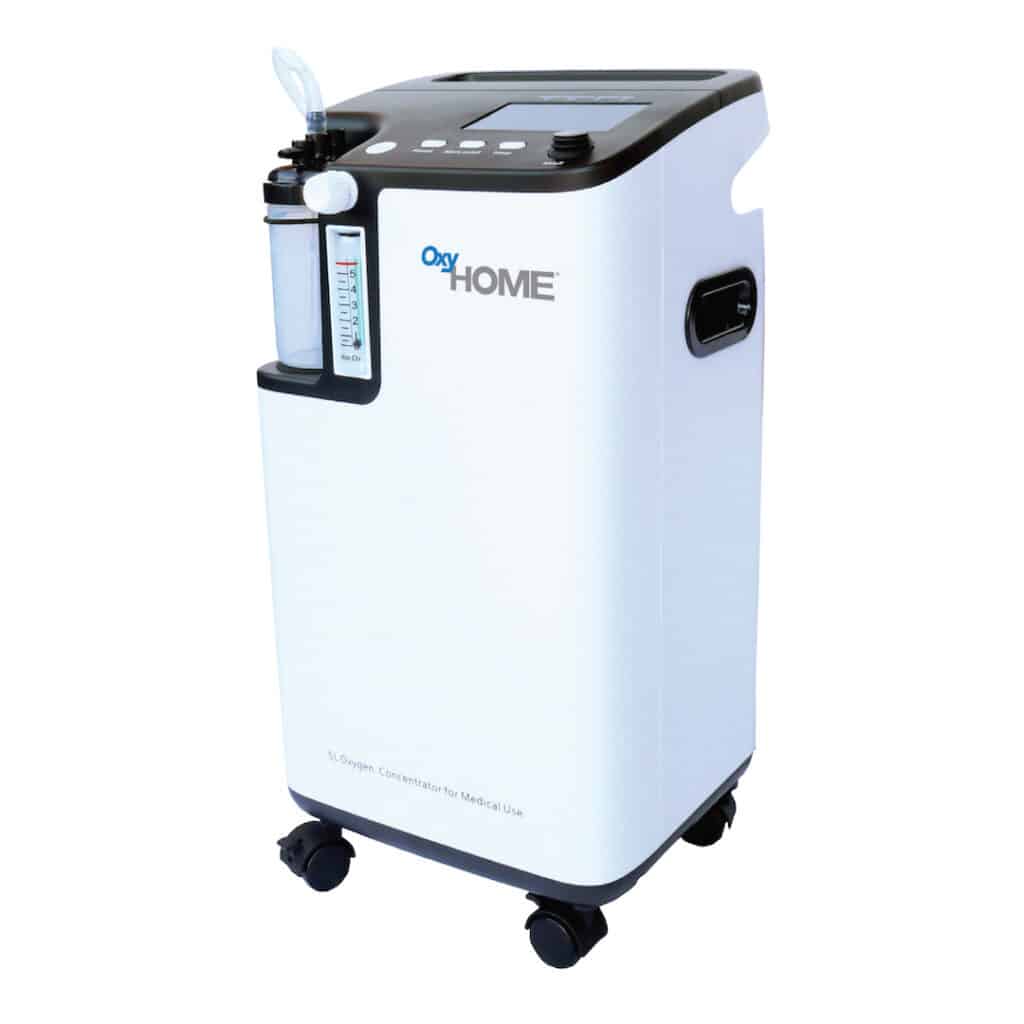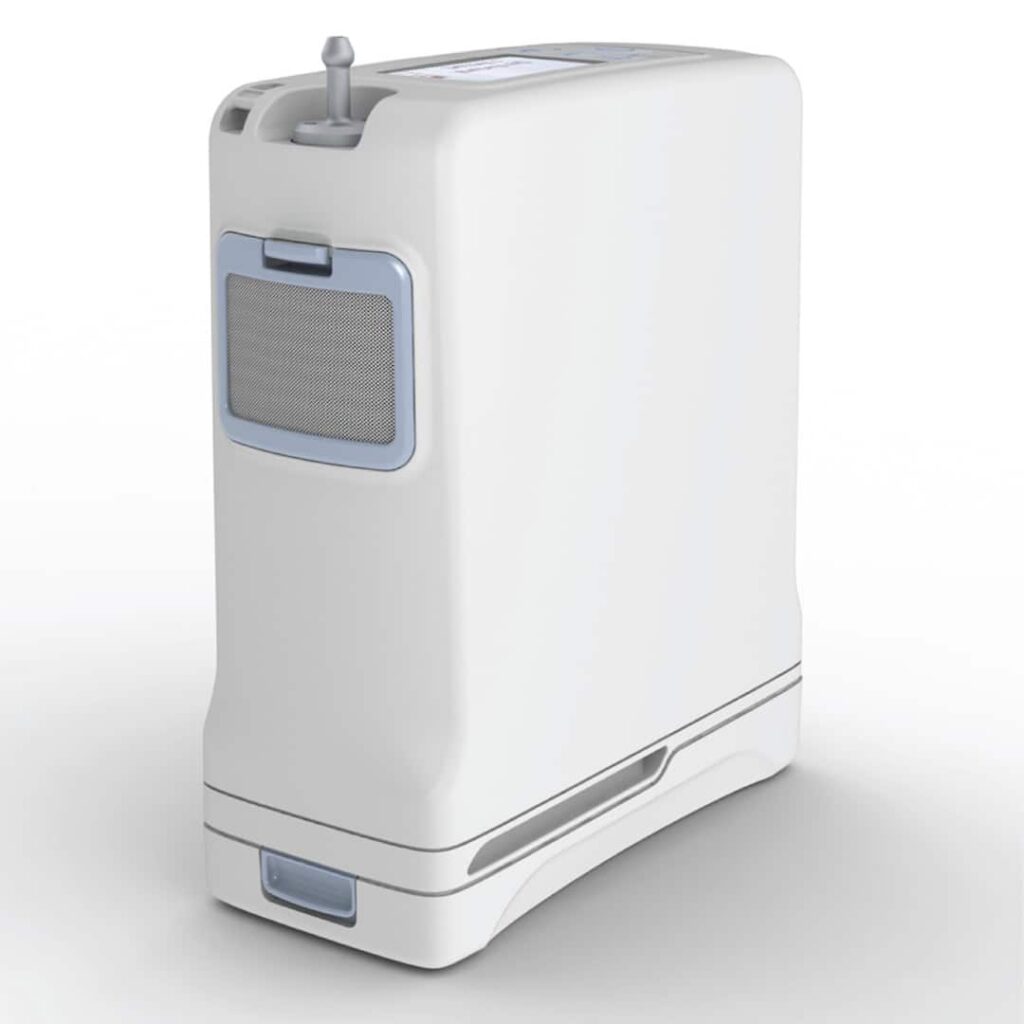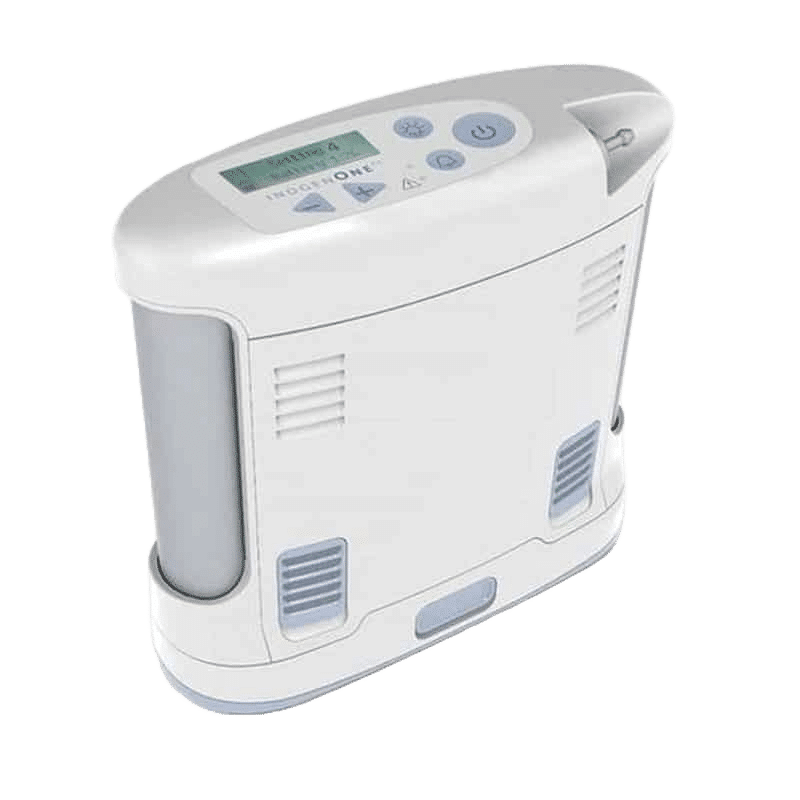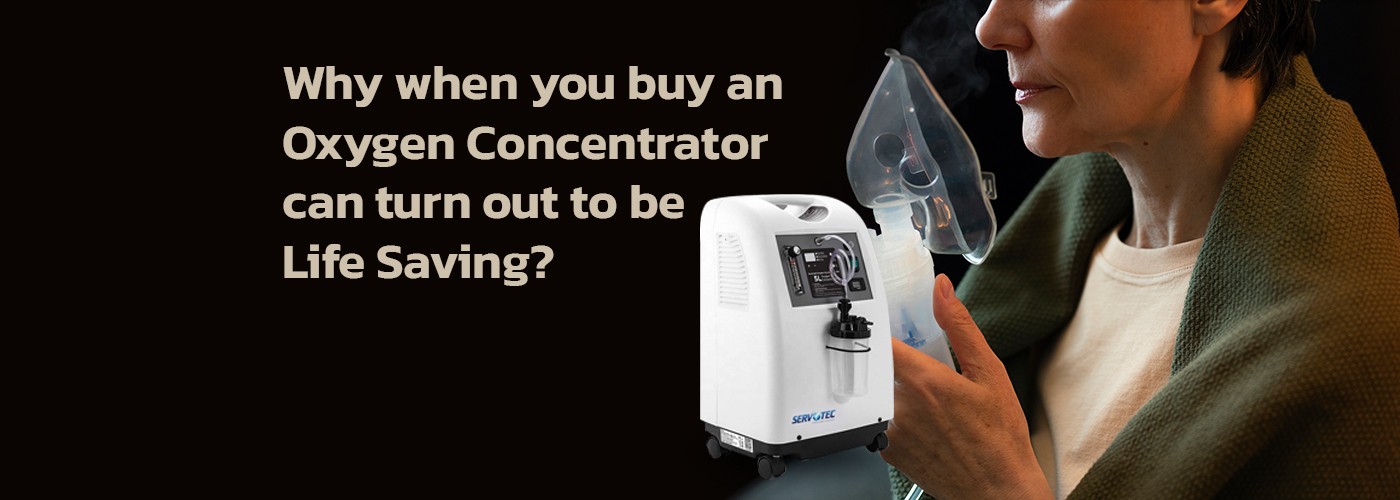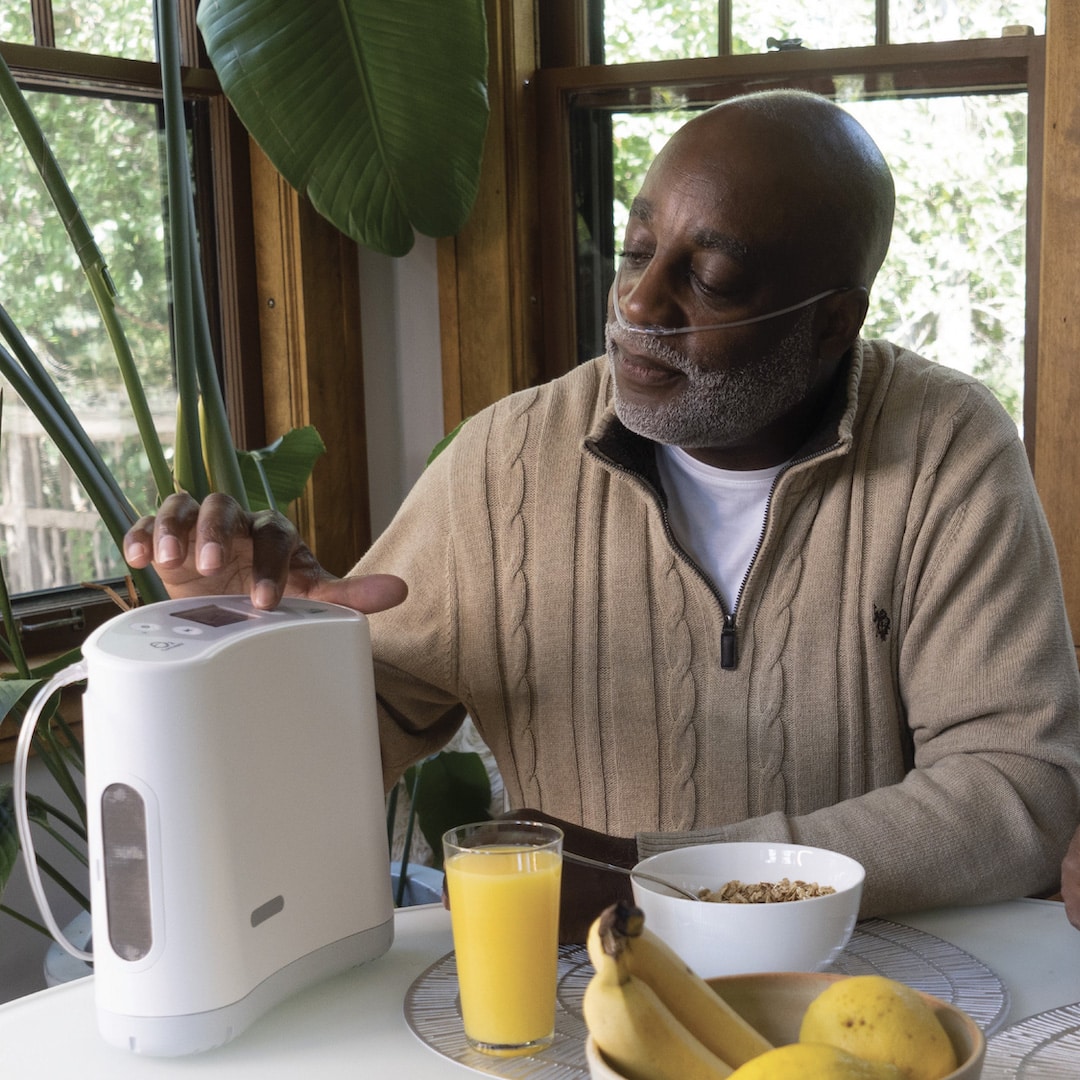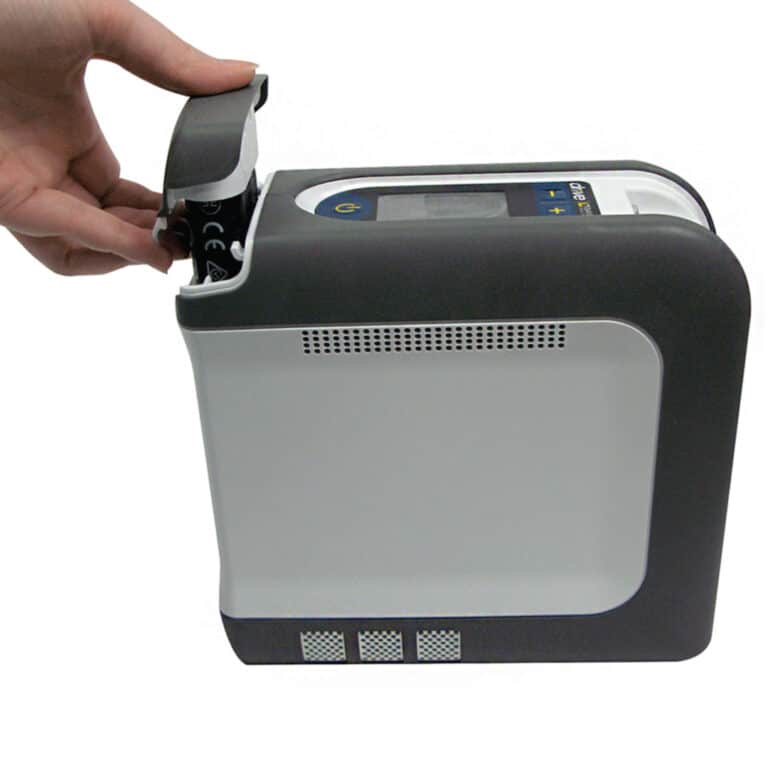Can You Buy Oxygen At Walmart

In an era increasingly defined by health consciousness and preparedness, questions about access to supplemental oxygen have become more prevalent. One common query centers on whether readily available retailers, such as Walmart, offer oxygen for purchase.
This article delves into the availability of oxygen at Walmart, exploring what forms of oxygen products are accessible, and clarifying the regulations and recommendations surrounding their use. Understanding these factors is essential for consumers seeking to make informed decisions regarding their health and well-being.
Oxygen Availability at Walmart: Separating Fact from Fiction
While Walmart does not typically stock or sell medical-grade oxygen tanks directly to consumers, it does offer alternative products that may give the impression of readily accessible oxygen.
These products generally fall into categories like canned oxygen, also known as recreational oxygen, or aromatherapy oxygen. These are not substitutes for prescribed medical oxygen.
Recreational Oxygen: A Closer Look
Recreational oxygen, often sold in small, portable canisters, is marketed towards athletes and individuals seeking a perceived energy boost or altitude sickness relief. These canisters contain a higher concentration of oxygen than ambient air.
However, the FDA (Food and Drug Administration) does not regulate recreational oxygen like medical oxygen.
The claims surrounding its benefits are not always scientifically substantiated.
Walmart typically carries brands of recreational oxygen, both in-store and online. These products are marketed for general wellness purposes.
Aromatherapy Oxygen: A Different Approach
Aromatherapy oxygen differs significantly from both medical and recreational oxygen. These products often infuse oxygen with essential oils.
They are intended to deliver both the perceived benefits of oxygen and the therapeutic effects of aromatherapy. Walmart may carry aromatherapy diffusers that claim to provide a small boost of oxygen alongside aromatherapy benefits.
These products are not designed to treat medical conditions and should not be used as a substitute for medical oxygen.
Understanding Medical Oxygen Regulations
It's crucial to understand the regulations surrounding medical oxygen. Medical oxygen is classified as a prescription medication by the FDA.
It can only be obtained with a valid prescription from a licensed healthcare provider. This is because medical oxygen is typically prescribed for individuals with specific respiratory conditions.
Conditions such as chronic obstructive pulmonary disease (COPD), asthma, or pneumonia, where supplemental oxygen is medically necessary. Walmart pharmacies do not typically fulfill prescriptions for oxygen.
Why Can't I Buy Medical Oxygen at Walmart?
The primary reason Walmart, like other large retailers, does not sell medical oxygen directly is due to these stringent regulations.
Medical oxygen requires a prescription to ensure it is used safely and appropriately under medical supervision. Improper use of medical oxygen can be dangerous.
It can lead to oxygen toxicity or mask underlying medical conditions. Instead, medical oxygen is usually dispensed by specialized medical supply companies or pharmacies with specific licensing.
Potential Implications for Consumers
The distinction between recreational oxygen and medical oxygen is critical for consumers. Relying on recreational oxygen in place of prescribed medical oxygen can have serious consequences.
Individuals with breathing difficulties should consult a healthcare professional for proper diagnosis and treatment. Misunderstanding the purpose of products like aromatherapy oxygen can lead to unrealistic expectations.
Consumers should carefully evaluate the claims associated with these products. Do not rely on them for relief of medical conditions.
The Human Element: A Word of Caution
Sarah Miller, a respiratory therapist, emphasizes the importance of medical guidance. "People experiencing shortness of breath should see a doctor, not reach for a can of recreational oxygen," she warns.
"Self-treating with over-the-counter oxygen can delay proper diagnosis and treatment of serious underlying health issues." This illustrates a vital point. Always seek professional medical advice.
Miller also notes that while recreational oxygen may provide a temporary feeling of invigoration, it's not a substitute for addressing the root cause of any breathing difficulties.
Conclusion: Proceed with Awareness
While Walmart does not sell medical-grade oxygen tanks without a prescription, it does offer alternative oxygen-related products like recreational oxygen and aromatherapy diffusers. Consumers need to distinguish between these options.
Understanding the differences is essential to make informed choices about their health and well-being. Always consult healthcare professionals for medical advice and treatment related to respiratory issues.
Approaching oxygen products with awareness and informed understanding can help consumers avoid potential pitfalls and prioritize their health effectively.
